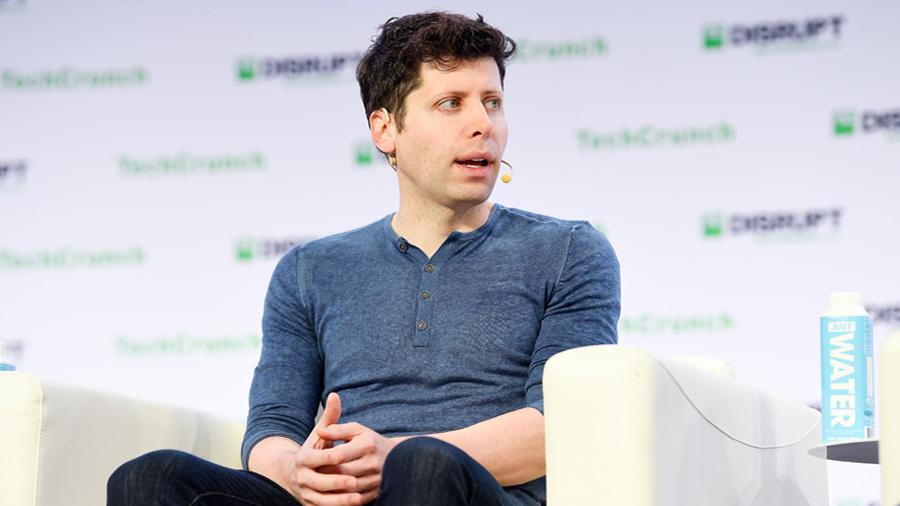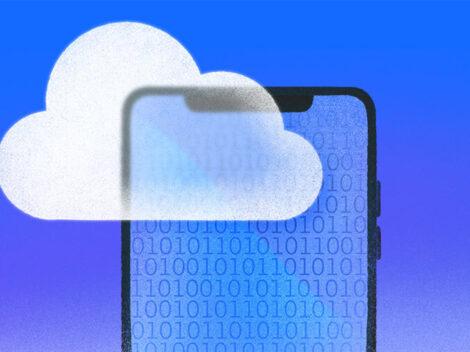Within days of his firing, Sam Altman has reached an agreement to rejoin generative AI giant OpenAI, which has a new board.
Altman’s return as CEO follows days of turmoil at Microsoft-backed OpenAI. On Friday, Altman was abruptly fired by the board, which only said “he was not consistently candid in his communications with the board, hindering its ability to exercise its responsibilities,” but offered no further explanation. Subsequent reporting hasn’t provided much concrete detail about the reasons for his ouster, either.
On Monday, Microsoft, which has committed more than $10 billion toward OpenAI, said Altman had joined the software giant to head up a new AI research unit there. Also on Monday, almost all of OpenAI’s 770 employees signed an open letter threatening to leave the company and join Altman at Microsoft if OpenAI’s board didn’t resign and reinstate him as CEO.
That has now largely happened.
Bret Taylor, the former co-CEO of Salesforce 1,will chair OpenAI’s new board. Economist and former Treasury Secretary Larry Summers also joins the board. Quora CEO Adam D’Angelo will remain on the board as the only previous board member to do so.
Microsoft CEO Satya Nadella has said in media interviews that there is no substantial smoking gun behind the previous board’s allegations against Altman. “The board has not talked about anything that Sam did other than some breakdown in communications,” said Nadella in an interview with Bloomberg News on Monday.
With Nadella at the helm, Microsoft negotiated a deal that placed it at the center of AI developments, one of the more impactful partnerships made in tech in the last decade. Beyond OpenAI, the software giant and its venture fund are active investors in other AI startups as well.
On Microsoft’s partnership
While Microsoft didn’t have a board seat at OpenAI due to the startup’s unusual corporate structure, the software giant is by far its biggest backer.
“I think it was a great structure, where in some ways they controlled OpenAI de facto,” Jai Das, a long-time investor and president at Sapphire Ventures, who does not have a stake in OpenAI or relationship to it or Microsoft, told Crunchbase News. “Although they didn’t have a board seat, they paid them so much money and all the training was being done on Microsoft infrastructure. The challenge is that when you bring them in-house, you often do get slowed down.”
Had OpenAI imploded or seen a mass exodus to Microsoft, the team’s advancements in AI would likely have slowed, Das said, since there typically is a lot more oversight and rigidity within a large corporate entity versus a standalone startup.
At OpenAI, “you can do things at the edges that you’re maybe not going to get a lot of bureaucracy and scrutiny from regulatory bodies,” said Das. “And partly that’s why Google has been behind.”
OpenAI’s rivals
OpenAI rivals Anthropic and Cohere were potential beneficiaries of the turmoil at OpenAI. The fallout created more opportunities for competitors, as the OpenAI juggernaut is slowed, and talent is splintered.
“We will want some governance changes,” Nadella said on Bloomberg News on Monday, adding “Surprises are bad.”
Related reading:
- OpenAI Still Trying To Lure Altman Back; Investors Could Sue
- Altman Joins New Microsoft Venture; Hundreds Of OpenAI Employees Threaten To Quit
- Sam Altman Out As OpenAI’s CEO
- Beyond OpenAI: Sam Altman The Investor Takes Center Stage
Photo: TechCrunch Disrupt San Francisco, via Wikimedia Commons.
Blogroll illustration: Dom Guzman
Search less. Close more.
Grow your revenue with all-in-one prospecting solutions powered by the leader in private-company data.

Stay up to date with recent funding rounds, acquisitions, and more with the Crunchbase Daily.




![Illustration of man searching for vacation rental. [Dom Guzman]](https://news.crunchbase.com/wp-content/uploads/Vacation_Rentals-470x352.jpg)





67.1K Followers